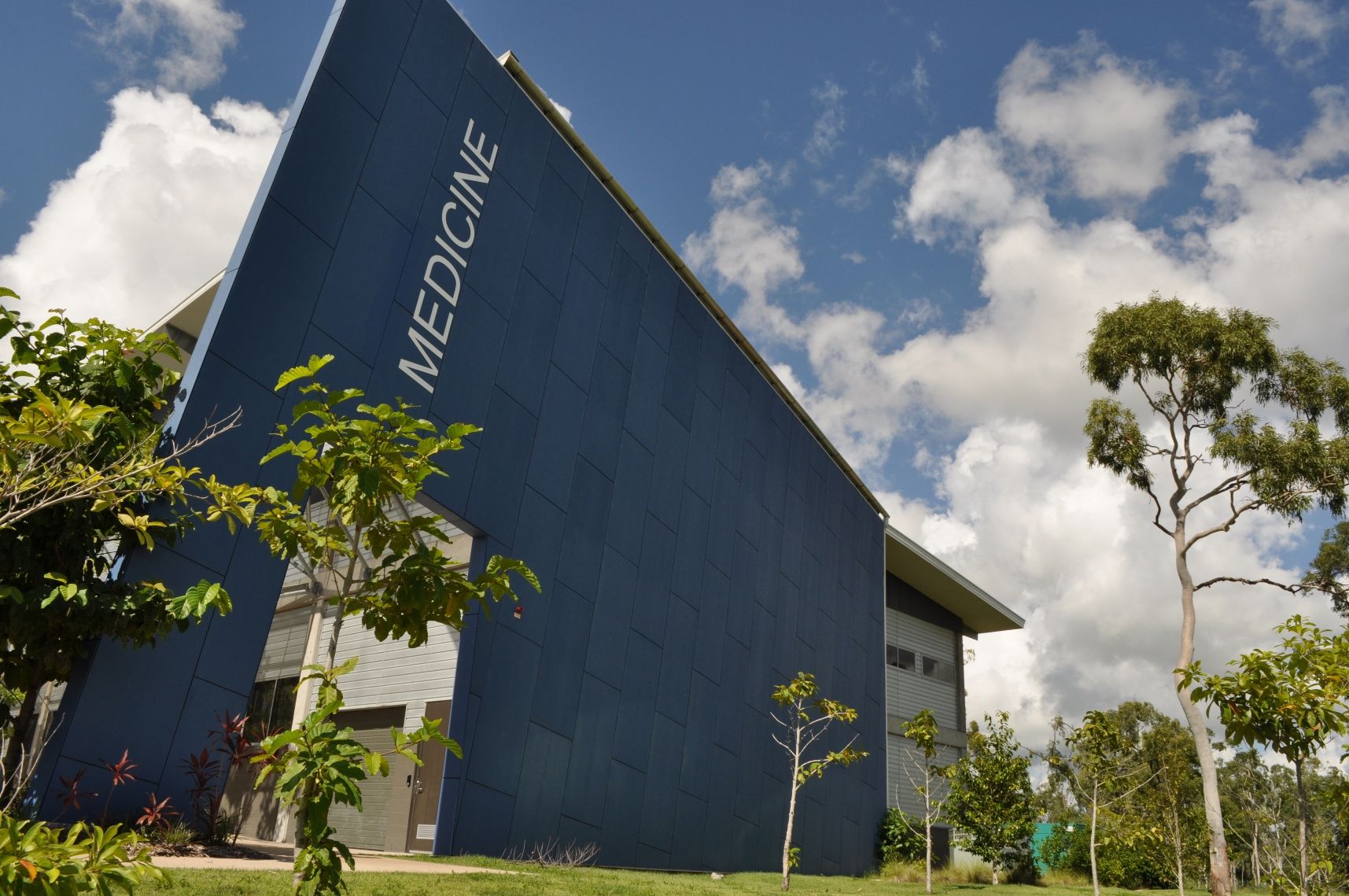
What makes JCU Medicine stand out from other medical schools?
The making of JCU Medicine

What is it that makes a medical school unique, and how do medical schools address the most pressing healthcare issues?
This is a loaded question, but one that James Cook University has taken to heart. Just over 20 years ago, JCU set out to establish a medical school in northern Queensland that would not only train students to become professional healthcare providers, but also to create a system of learning that would inspire generations of doctors to serve the areas that are most needed.
How it all began
JCU had their first intake in 2000 with 600 applications for 60 spots, and created a revolution in northern Queensland higher education. Medical schools bring along with them a great deal of knowledge and content, and JCU was no exception. Research emerged in many areas given the people, and areas of interest, that came along with the medical program.
The creation of the JCU medicine curriculum was spearheaded by a committee called the Integrated Working Party, led by Professor Ian Wronski. This committee began with the end goal of what they wanted to produce and worked backwards from there to create the curriculum. A six-year curriculum was established based on the determination that this was the required amount of time to deliver the training and clinical experience that would prepare graduates to work in underserved populations.
The focus of JCU’s medical program began as, and continues to be, delivering care where it is most needed.
In Australia, like Canada, this often happens to be in rural and remote areas and within Indigenous populations. A great deal of time behind the scenes at JCU is devoted to maintaining a genuine understanding of local healthcare needs in order to establish effective regional career and public health training options. This involves assuring strong training quality for students, developing new posts, and securing funding and partnerships.
As stated by the World Health Organization, “critical to ensuring equitable deployment of health workers are selection of trainees from, and delivery of training in, rural and underserved areas.”
The JCU Medicine program continues to work in accordance with this statement and as a result, is contributing to incredible developments in rural and underserved areas. How are they doing this? Let’s take a look!
The JCU Rural Experience
JCU attracts undergraduate students from rural, regional, and remote areas, or those who have an interest in working in these regions. Students undertake many clinical placements in regional, rural and remote Australia and benefit from a wide breadth of experience where they develop a strong level of clinical skills. It is these experiences that ensure they are well equipped when they graduate to work in these communities and beyond.
GP Training
JCU is Australia’s only university to offer specialist General Practice training and delivers it across 90% of Queensland, serving 1.6 million people. JCU’s GP training has a unique model which enables GP registrars to live, learn and work in rural, regional and remote communities. The program has achieved remarkable results since it started in 2016, producing more than 400 GPs, of which 79% have remained working in JCU’s GP training region, and 66% have gone on to practice in regional, rural and remote Australia.
In support of JCU’s commitment to closing the gap in Aboriginal and Torres Strait Islander health, JCU’s GP training has a number of training posts in numerous Aboriginal and Torres Strait Islander health services across the state, where cultural educators and mentors provide additional learning support to the GP registrars.
Research Making a Difference
A key focus of JCU’s research is applied and translational research with impact across health and health services in tropical, Indigenous, rural and underserved communities.
JCU’s research emphasizes working in-with-and-for communities across northern Australia and the wider tropics. JCU seeks to translate knowledge, strengthen health systems, and address health issues that affect the region.
Research covers a diverse range of topics that effect regional, rural, remote and tropical communities including peripheral vascular disease, endocrinology and diabetes, trauma care, health systems strengthening, and Indigenous health.
JCU has accomplished many “firsts” within the medical training field and has become known as an incredibly unique place to study and learn. Professor Wronski recently reflected on the history of JCU’s medical school while celebrating its twentieth anniversary and said, “Twenty years on, it still gives me great pleasure to see our graduates out in the world doing what we intended them to do—making a difference in regional, rural and remote, and underserved communities, both in Australia and internationally.
“Our success, fundamentally, is the quality of the people.”
*



































Ask A Question
Ask us about your program of interest, or if you have a question about our services.
CONTACT US TODAY